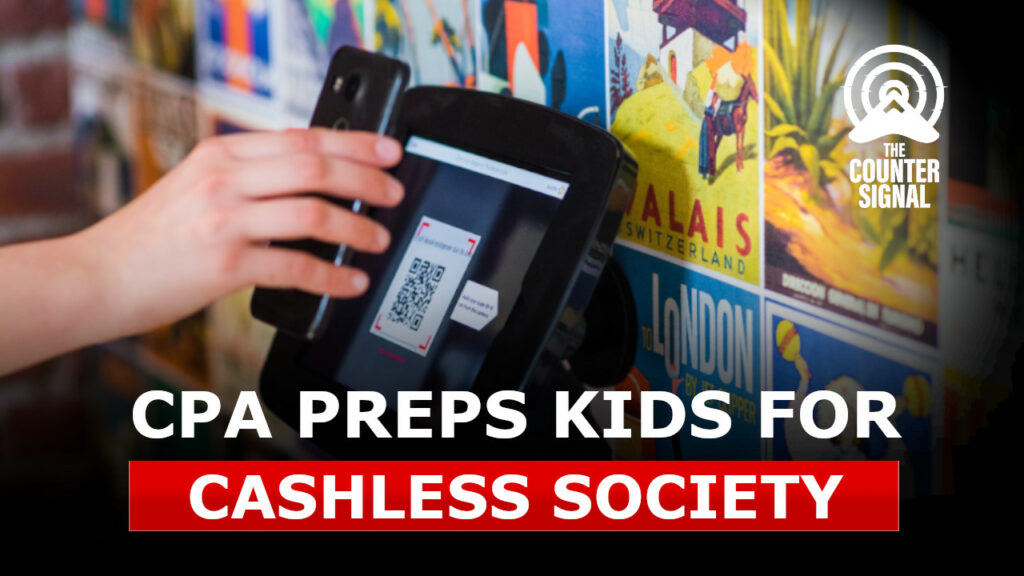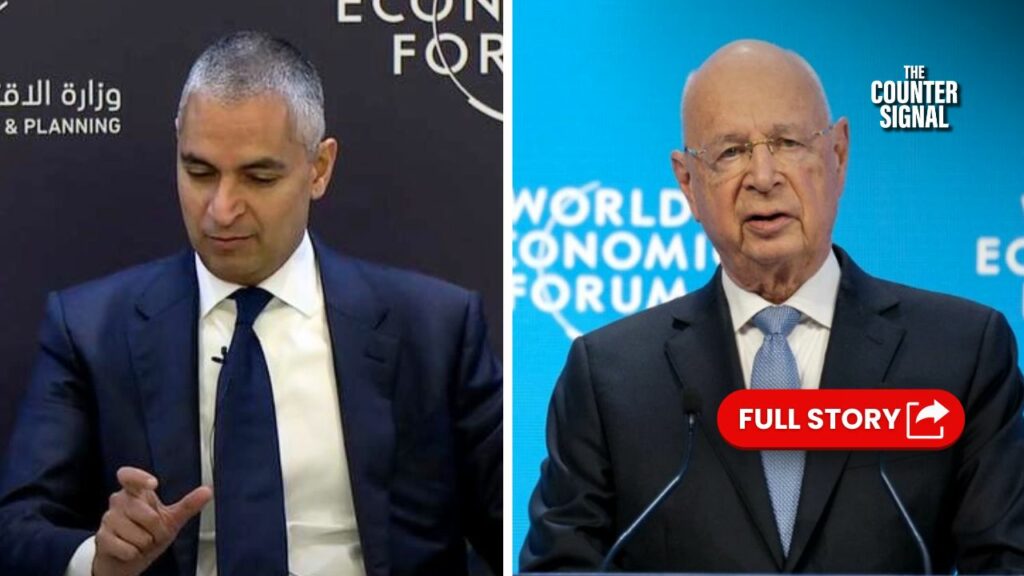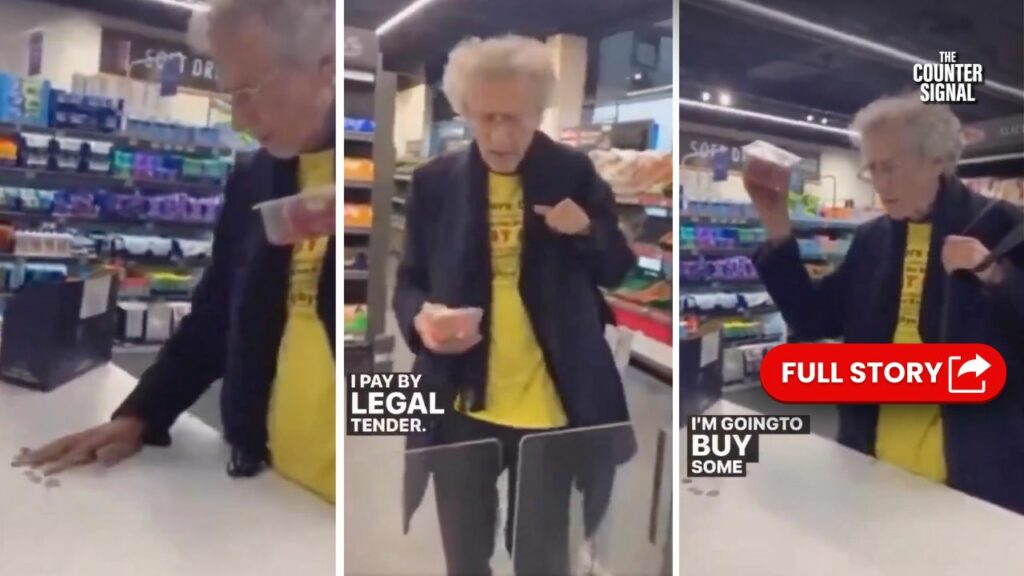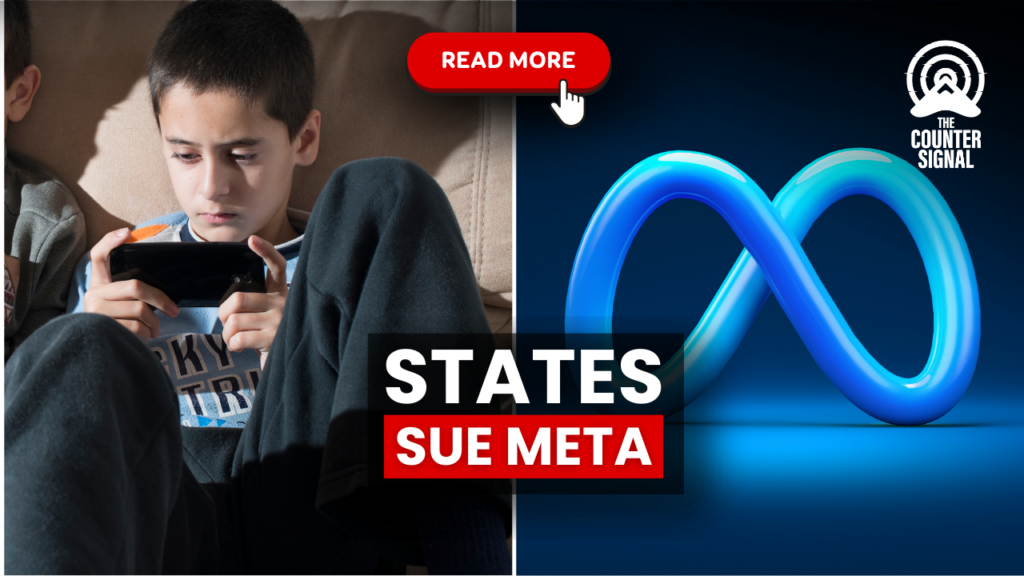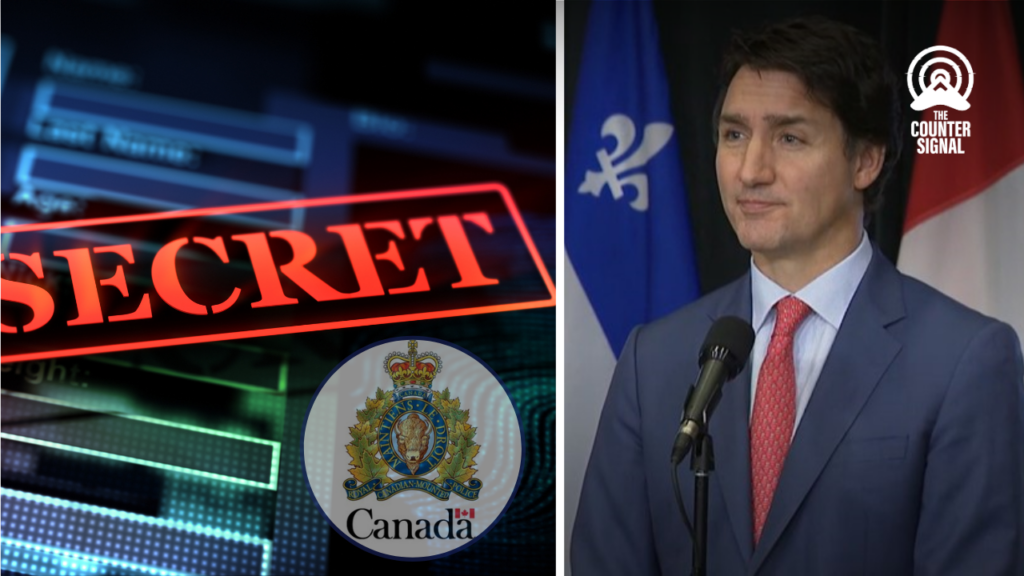Canada’s Chartered Professional Accountant (CPA) wants kids as young as 10 to learn how to manage money in a “cashless society.”
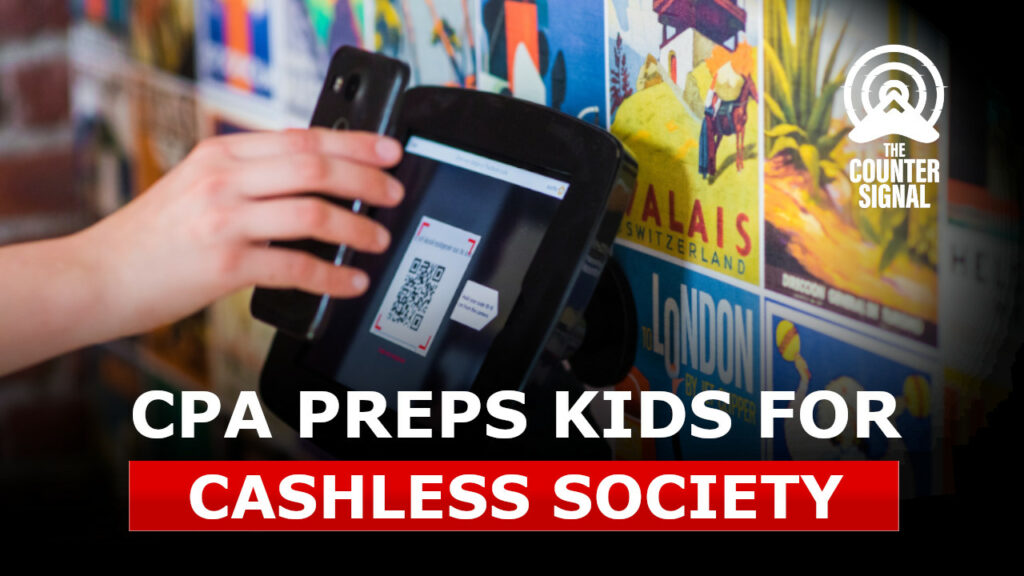
The CPA says that kids today are exposed to bank and credit cards earlier than their parents due to “many cashless payment options and online purchasing.”
“Without having cash in hand, teaching kids proper money management takes more than setting a piggy bank or opening a savings account.”
These conversations should begin when kids are 10, the CPA says.
“Depending on the financial institution, children can get a debit card with a savings account around the age of 13 or 14. The maturity of the child determines whether they can handle the responsibilities of a credit card.”
The CPA says debit cards are often the preferred option for kids learning to navigate cashless transactions because they link to a savings account, and there’s no risk they can get into debt. The CPA recommends teaching kids to pay off the balance monthly and taking away the card if a child overspends.
Critics say a cashless society will lead to a surveillance state.
Last month, there were widespread calls to boycott Starbucks after one store in the UK posted a sign saying it would go cashless. Coffee lovers wondered if all the stores would go cashless, but Starbucks responded by saying this is not the case, and the change is limited to individual stores and their licensees.
“We need an Act of Parliament to ensure that companies and other bodies can’t turn down legal tender like cash. In the meantime, #BoycottStarbucks,” wrote one Twitter user in response to a tweet that reads, “A Cashless Society is a Surveillance Society.”
The play to teach kids how to operate in a cashless society comes as Moneris Solutions Corporation, Canada’s leading credit and debit card processor, predicts that cash purchases will make up only 10% of money spent in Canada by 2030.
“Canadian consumers are increasingly turning to contactless technology to make faster and more convenient payments,” Moneris said.
